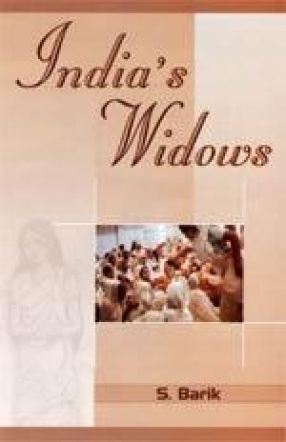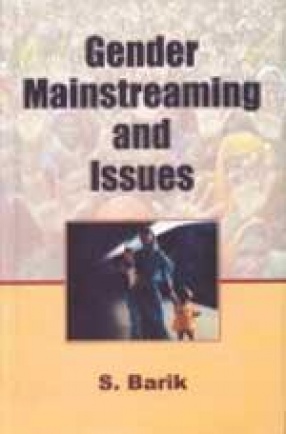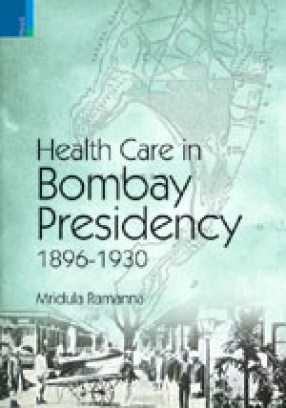The Social status of widows has been an important social issue, particularly in the past. In families in which the husband was the sole provider, widowhood could plunge the family into poverty, and many charities had as a goal the aid of widows and orphans (Often, not children without parents, but children without a contributing father). This was aggravated by women’s longer life spans, and the men generally marry women younger than themselves and by the greater ease with which men remarried. However. In some patriarchal ease with which men remarried. However, in some patriarchal societies, widows were among the most independent women. A widow sometimes carried on her late husband’s business and consequently accorded certain rights, such as the right to enter guilds. More recently, widows of elected officials have been among the fist women elected to office in many countries. In India there is often an elaborate ceremony during the funeral of a widow’s husband, including smashing the bangles, removing the bindi as well as any colourful attire, and requiring the woman to wear white clothes, the colour to mourning. Earlier it was compulsory to wear all white after the husband was dead, and even Widow burning (sati or Suttee) was practices sometimes. However in modern day culture this has gradually given way to wearing colored clothing. In other cultures, widows are required o remarry within the family of their late husband.
India’s Widows
by S. Barik
$59.40
$66.00
In stock
Free & Quick Delivery Worldwide
All orders amounting to US$ 50 or more qualify for Free Delivery Worldwide. For orders less than US$ 50, we offer Standard Delivery at $14 per book.
ABOUT THE AUTHOR S. Barik
Dr. Sanghamitra Barik (b, 1971) completed her post graduation, LLM and Ph.D. from Utkal University, Bhuvaneshwar, Orissa. She has to her credit several research papers published in edited books and various journals of international repute. During her study period, she was awarded Scholarships and fellowship. Since last five years, she has been involved in writing reports, articles and supervision of research projects related to women and children. Her forthcoming books are on "PRA/PLA techniques and Micro Level planning" and "Planning and designing Proposals". Currently, Dr. Barik is a faculty Member of the national Institute of Public Cooperation and Child development (NIPCCD), N.E. regional Centre Guwahati, Assam.
reviews
0 in total
Review by Anonymous
Be the first to review “India’s Widows” Cancel reply
You must be logged in to post a review.
Bibliographic information
Title
India’s Widows
Author
Edition
1st ed.
Publisher
ISBN
9788184351002
Length
23cm.
Subjects
more by S. Barik see more
similar bookssee more
Indian Politics
$7.12
$7.50





There are no reviews yet.